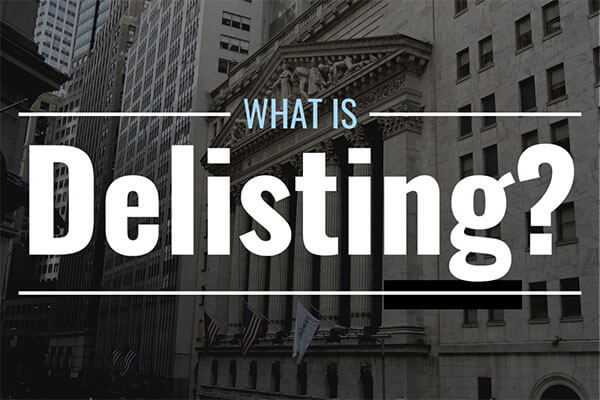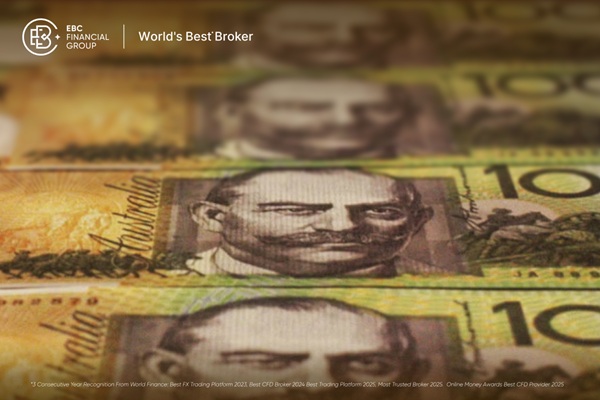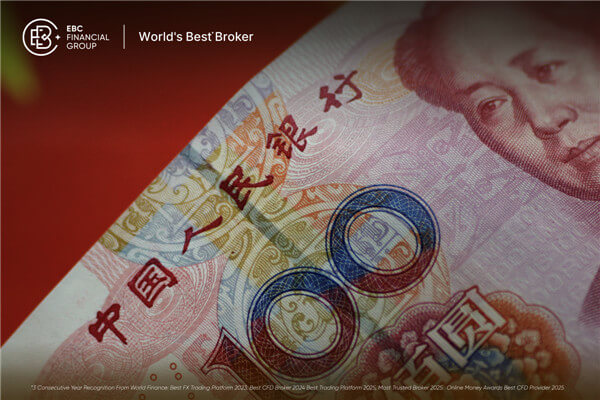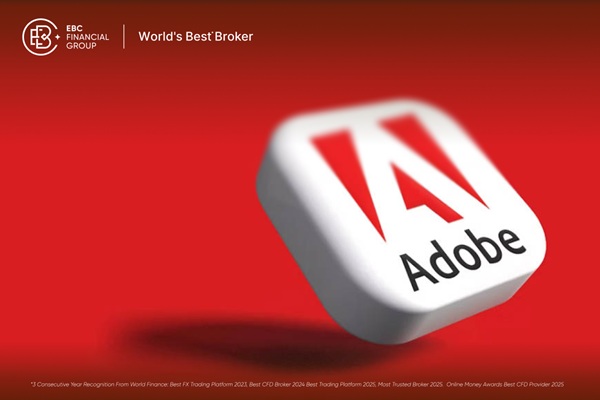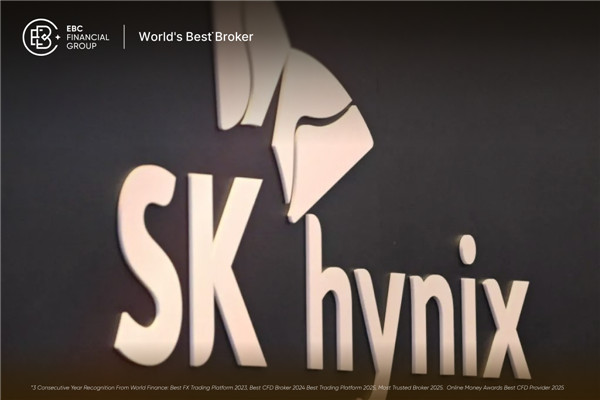Understanding Stock and Futures Premium
Spot premium refers to the price of a certain commodity in the spot market being higher than the price of the futures contract for that commodity. Surcharge usually occurs in situations of tight supply or strong demand in the spot market, as buyers need to quickly obtain spot goods, and the limited supply in the spot market leads to an increase in commodity prices.
For example, assuming the delivery date of Crude Oil futures is June 2022, the current futures price is $50 per barrel. If the actual crude oil price on the spot market is $55 per barrel, then it is said that there has been a $5 premium in the crude oil spot market. This means that if investors want to purchase crude oil immediately, they must pay a premium above the futures contract price, which is the premium.
Spot premium is one of the important price indicators in futures trading, which reflects the impact of factors such as market supply and demand, inventory levels, and logistics costs on commodity prices. Investors can make corresponding trading decisions by observing the spot premium situation and understanding the market's expectations of the supply and demand situation and future trends of a certain commodity.
What does Futures Premium mean?
Futures premium refers to the price of a certain futures contract being higher than the spot price of the commodity. In the futures market, premium usually occurs when there are concerns about future supply conditions or when demand is strong.
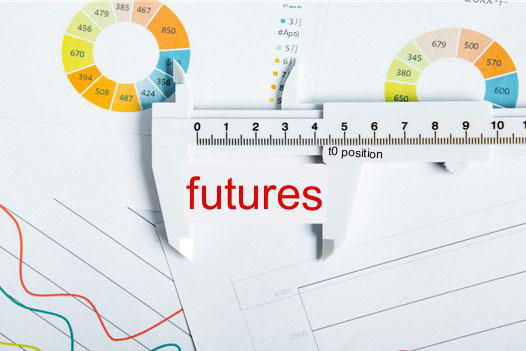
For example, assuming that the spot price of gold is $1200 per ounce, and the price of gold futures contracts is $1220 per ounce, the premium of gold futures contracts is $20. This means that if investors want to buy gold immediately, they need to pay a premium higher than the spot price.
Futures premium usually reflects the market's expectations of future supply conditions and the differences between the spot market and the futures market. For example, if the market expects a tight supply of a certain commodity, the price of futures contracts may be higher than the spot price. In addition, premium may also be influenced by factors such as market demand, inventory levels, and logistics costs.
【 EBC Platform Risk Reminder and Disclaimer 】: There are risks in the market, and investment needs to be cautious. This article does not constitute investment advice.








